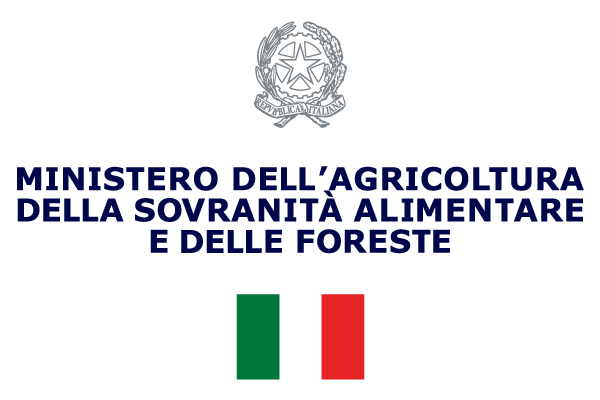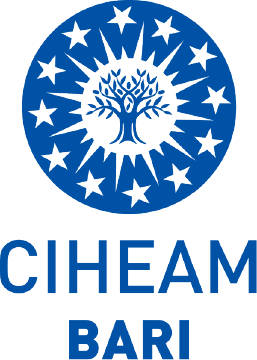Intensive agriculture relies largely on monocultures and plant protection chemicals to sustain food security but leaning towards such practices undermines environmental sustainability due to negative impacts towards ecosystem services. This increases the need of biodiversity driven pest management strategies especially for wheat, one of the main food crops, worldwide. In Pakistan, which is comprised in area origin of wheat, we evaluated the biological control potential of canola-wheat strip cropping and alternate row intercropping compared to wheat sole cropping against wheat aphids in crop seasons of 2021 and 2023 in organic and conventional fields. Abundance, evenness and diversity of aphids and natural enemies were lower and higher, respectively, in alternate-row intercropping compared to wheat monocrop in both conventional and organic farm types. Contrarily, pest richness was similar among cropping systems in both farming types in 2023, but natural enemies’ richness was greater in intercropped plots in both the years. Natural enemies’ density and diversity indices proved to be strong predictors of aphid suppression in the fields. Increased enemies and reduced aphids in the diversified systems show positive complementarity among the enemies having different hunting behaviours and suggest the acquisition of floral and prey resources provided by canola. Our study has implications for the management of wheat aphids in its area of origin through ecological intensification at a pilot scale for steering agricultural systems toward agroecological redesign.






